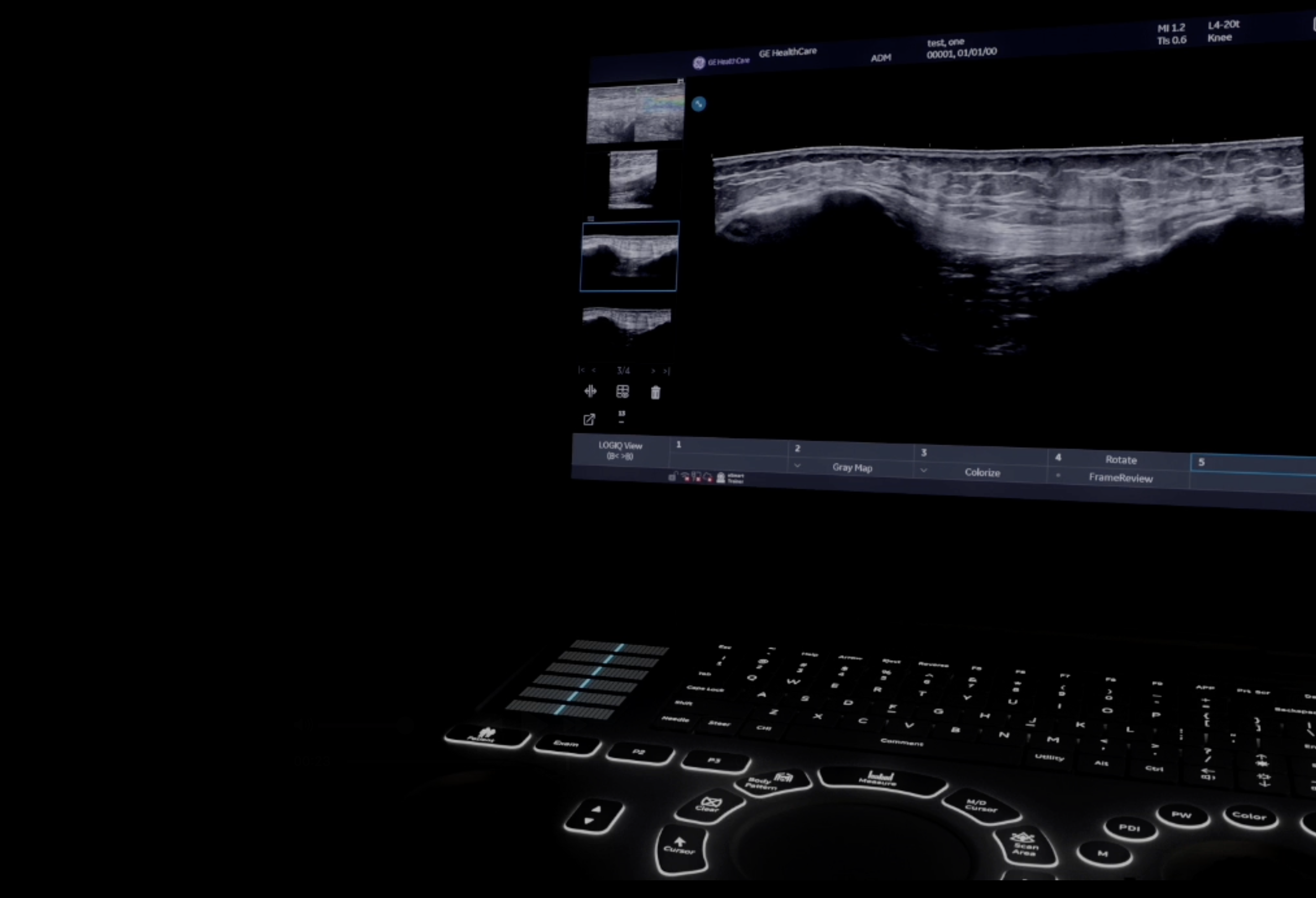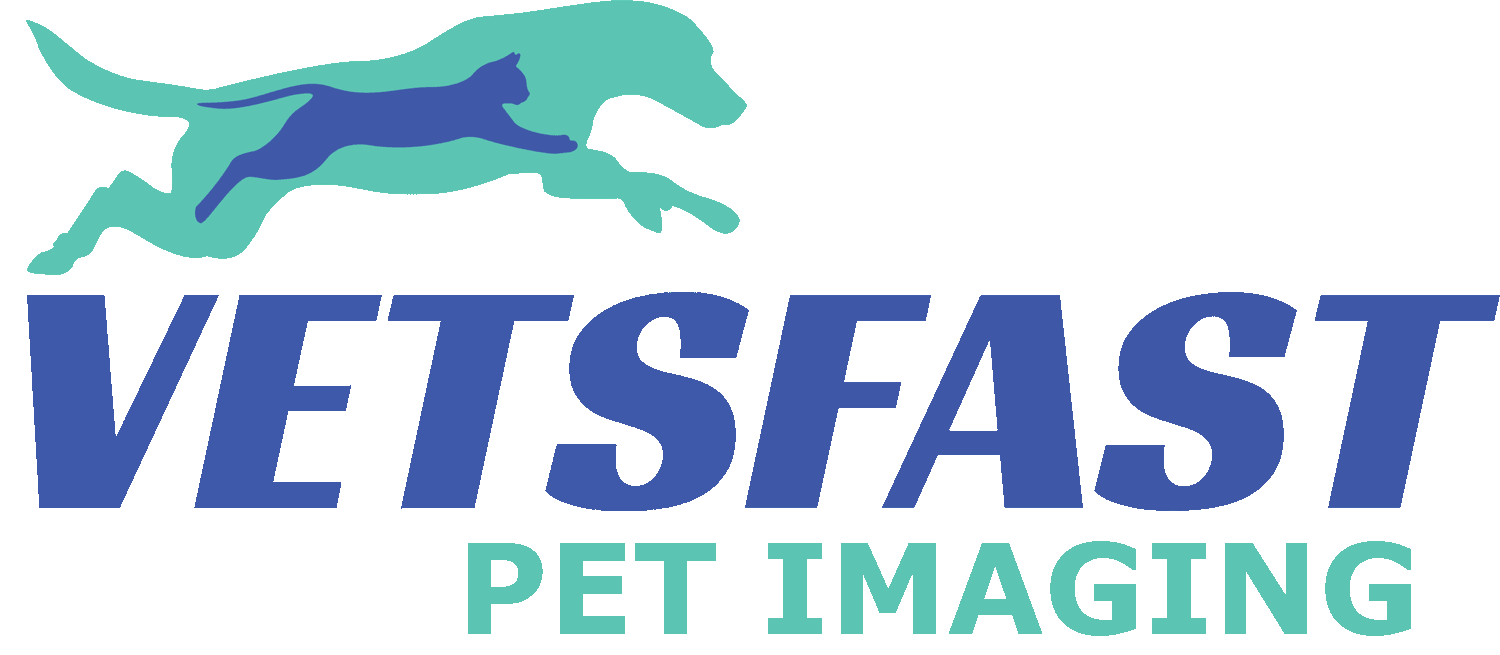
Frequently asked questions
-
All ultrasound and echocardiogram appointments must be pre-paid in full to secure the booking.
We understand that circumstances can change, and we aim to be as fair as possible while respecting the time and scheduling commitments of our team.
Because VetsFast Pet Imaging is a mobile service and exact appointment times may vary, cancellations are measured relative to 9:00 AM on the calendar day of the scheduled appointment:
More than 72 hours before 9:00 AM on the appointment day: Full refund
Between 48–72 hours before 9:00 AM on the appointment day: 50% refund
Less than 24 hours before 9:00 AM on the appointment day, or no-show: No refund
If VetsFast Pet Imaging arrives at a clinic and the appointment cannot be completed due to patient unavailability, inadequate preparation, lack of consent, or clinic cancellation, the clinic will be billed the full fee for the scheduled service.
Exceptions:
We understand that emergencies happen. In the event of unexpected situations such as the patient’s passing or sudden medical decline, we are happy to review the situation and may offer a full or partial refund or credit toward a future case, at our discretion.
Please contact us as soon as possible if you need to cancel or reschedule.
-
No — our clients are you, the referring veterinarian, not the pet owner, so owners are not permitted to be present during the scan.
-
Radiographs of the relevant body cavity within the past three months are stronglyrecommended, though not required. This does not apply to echocardiograms.
-
For an echocardiogram: no.
For an abdominal ultrasound: it is not uncommon to find a reason to FNA something in the abdomen. Accordingly, the following tests are recommended to be performed prior to our arrival if your client pre-approves for sampling.
A CBC to assess platelets within the past 30 days is recommended.
It is highly recommended that coagulation testing (PT/aPTT) be performed ASAP before our visit (e.g., the day of, or prior) if the patient has a known coagulopathy, severe thrombocytopenia (<50K/uL), severe hepatopathy (e.g., ALT >1,000), or protein-losing condition.
-
Inform owner that the pet will need shaving in the ultrasound area for optimal image quality; extent may be more than expected.
Discuss risks of potential additional procedures:
Sedation: risks vary with patient health; possible medication reactions, transient cardiovascular or respiratory changes, rare serious complications.
Fine Needle Aspiration (FNA): generally safe; possible minor discomfort, bruising, or slight external/internal bleeding. Significant internal hemorrhage can occur, but usually does not warrant significant intervention to rectify (e.g., transfusion).
Emphasize risk minimization measures taken by the team.
-
Upon arrival, our specialist will set up their machine in a suitable room (usually an exam room where the lights can be turned off/dimmed).
Your technician/assistant should bring in the patient, provide restraint, and return the animal afterwards.
Abdominal scans are performed in dorsal recumbency—exceptions can be made for medical reasons (e.g., dyspnea, regurgitation). Please have an appropriate-sized trough available for our use.
-
A managing veterinarian in charge of the case must be on the premises if FNA sampling is to be performed.
Requires prior client permission.
please have this pre-approved prior to our arrival.
The managing veterinarian or clinic will be responsible for relaying findings (imaging and otherwise) to the client/pet owner.
-
Ultrasound
A preliminary interpretation is provided at the time of the scan, or shortly thereafter.
A full radiologist report is sent to your office within 24 hours of the scan. This report, along with the images, will be available to you online via our RocketPACS portal.
Echocardiogram
A full cardiologist report is sent to your office within 24 hours of the scan. This report, along with the images, will be available to you online via our RocketPACS portal.
-
In general, the emptier the GI tract, the better the study. Ideally, patients should be fasted for 10–12 hours before the scan.
This may not be possible in acute cases (e.g., foreign body).
Small amounts of food for oral medication, or a meal for insulin administration, is completely acceptable.
Water is allowed during fasting.
The patient should ideally not urinate for 2 hours prior to the ultrasound. This helps with interpretations of the urinary bladder, and to facilitate cystocentesis, if needed.
-
Abdominal scans require the patient to be shaved.
Please have the patient shaved prior to our arrival, unless sedation is required.
If sedation is required, let us know in advance so we can provide a 30-minute notice, allowing time for sedation and shaving before we arrive.
Neck and chest scans may not require shaving.
-
Please provide a technician to assist our specialist during the appointment.
-
Please have your patient and any needed materials ready so our specialist can get started right away. This helps us complete the scan (and any additional procedures) efficiently and keeps everyone’s schedule running smoothly.
To help us work efficiently, please have the following ready before our arrival:
Patient shaved (unless sedation is required for shaving—see ‘Shaving Instructions’ above)
Patient available and accessible (not in surgery, not with the owner offsite)
Relevant medical records, lab results, or history on hand
Sedation plan in place (if needed)
Staff available to provide restraint
Positioning trough (‘V’ trough)
A clean, quiet area prepared for scanning
